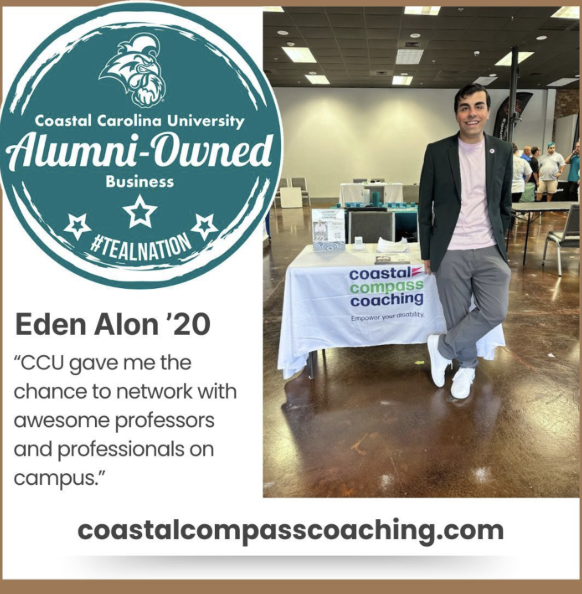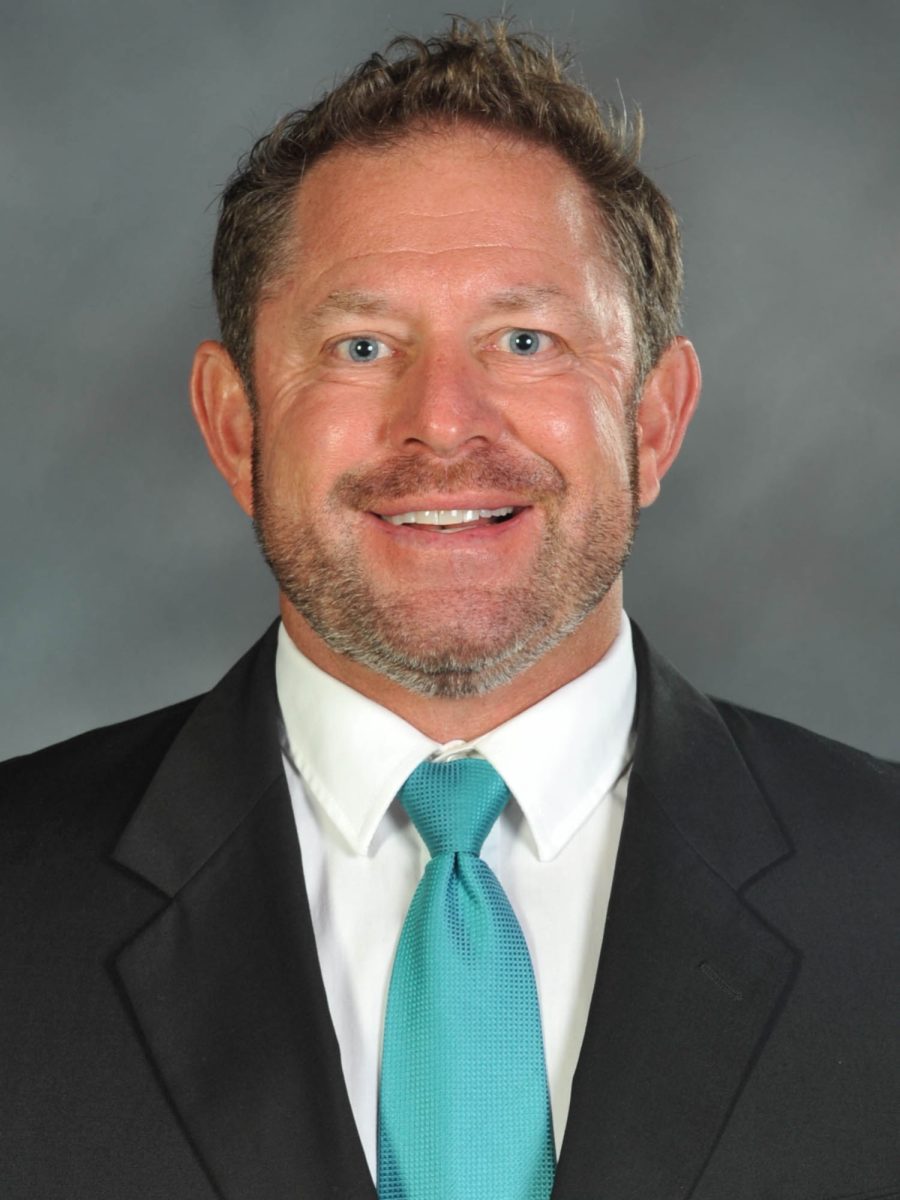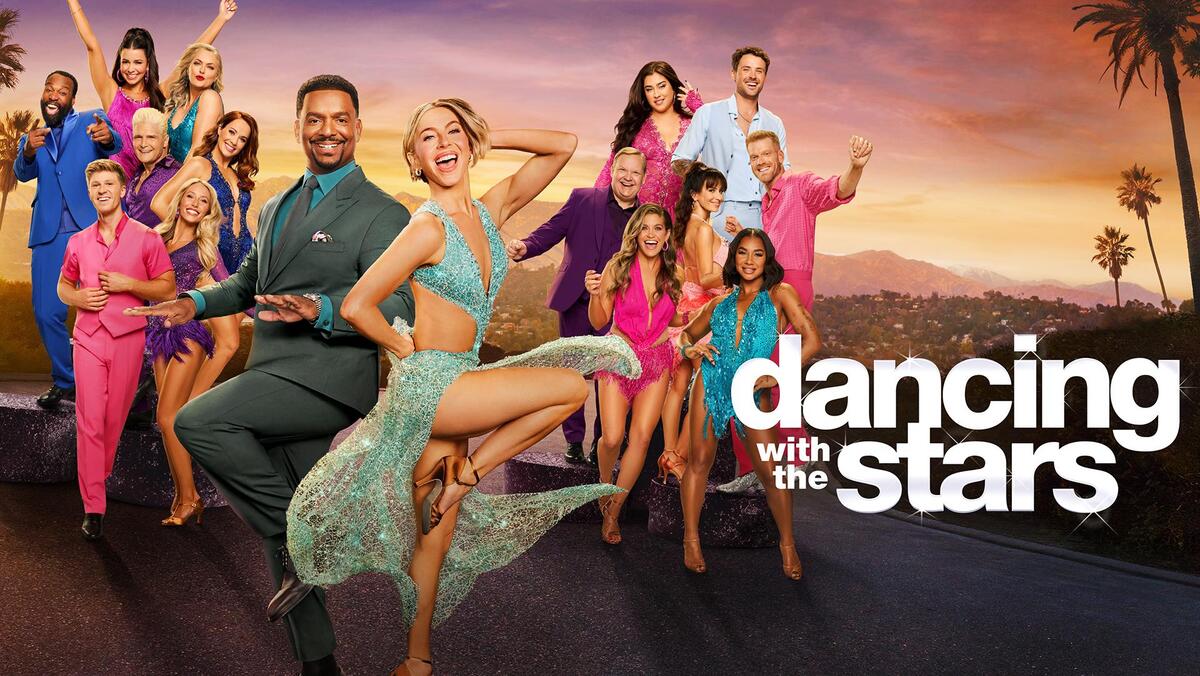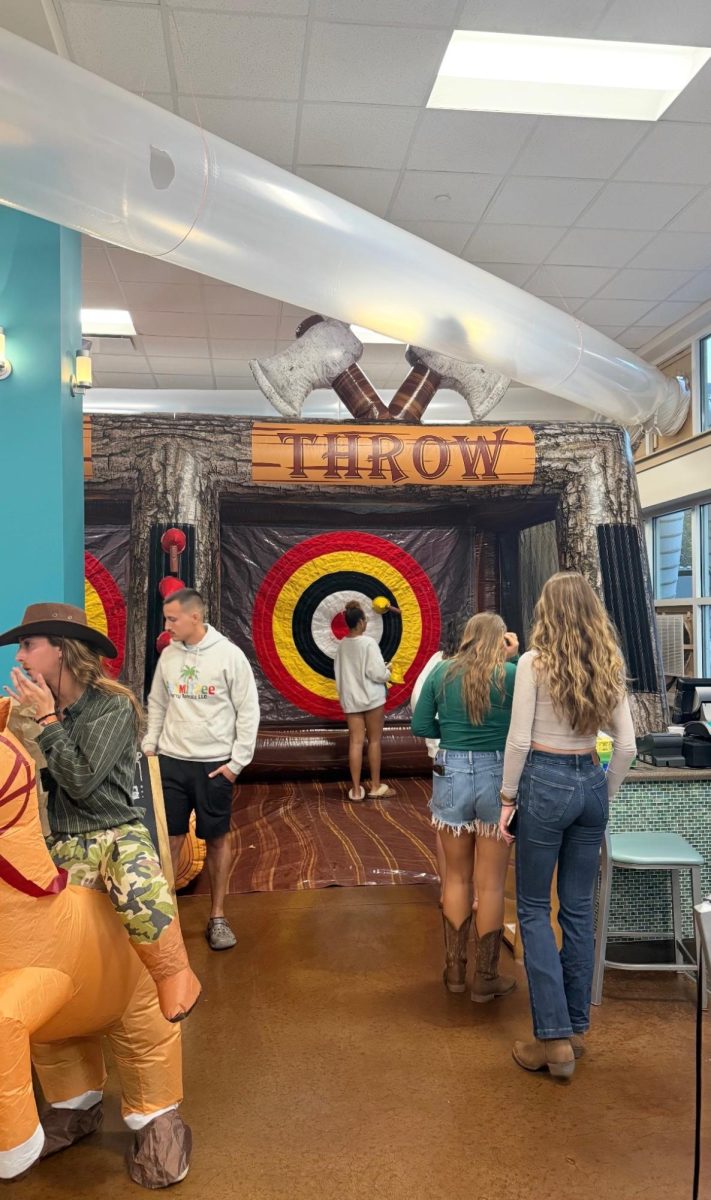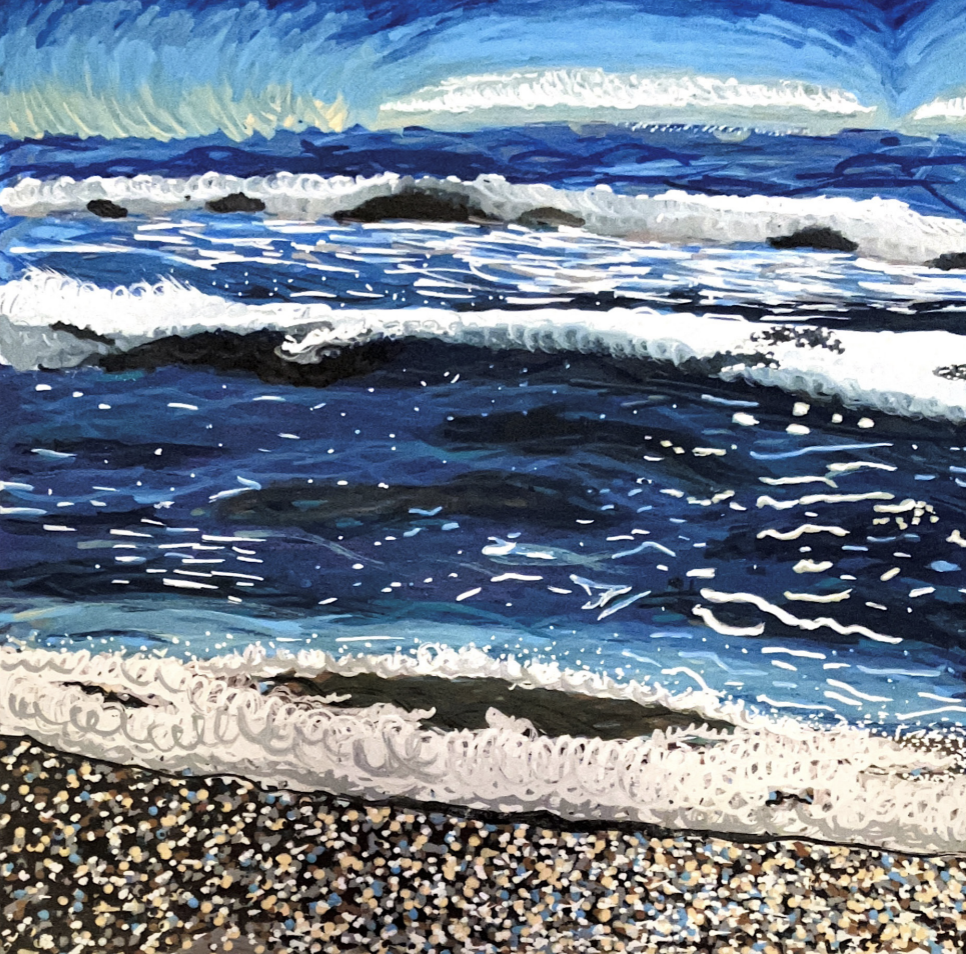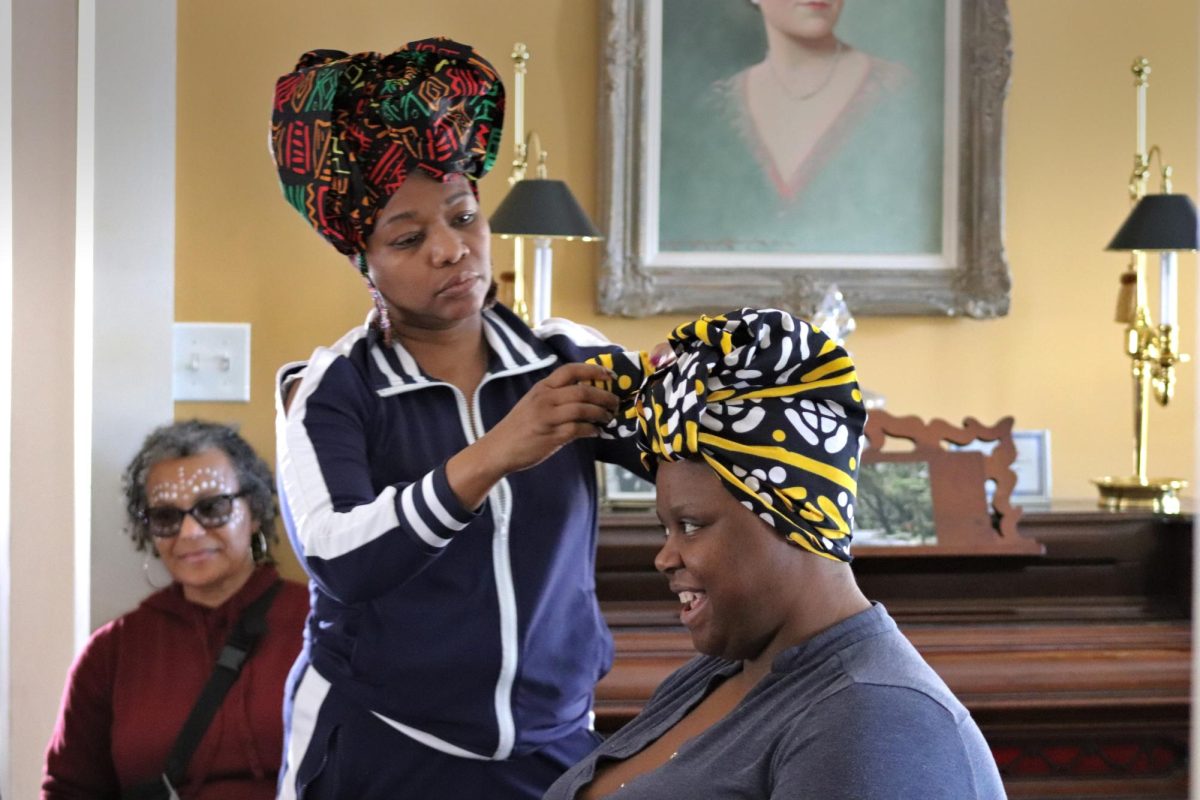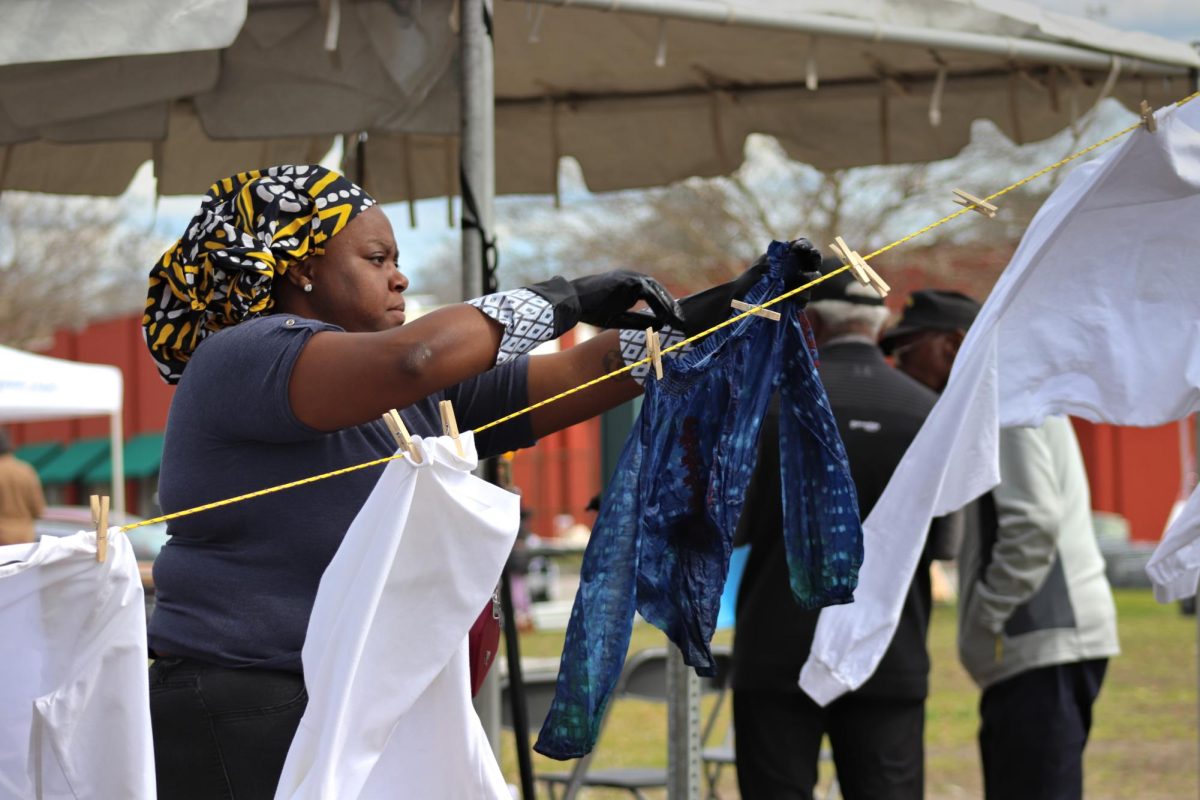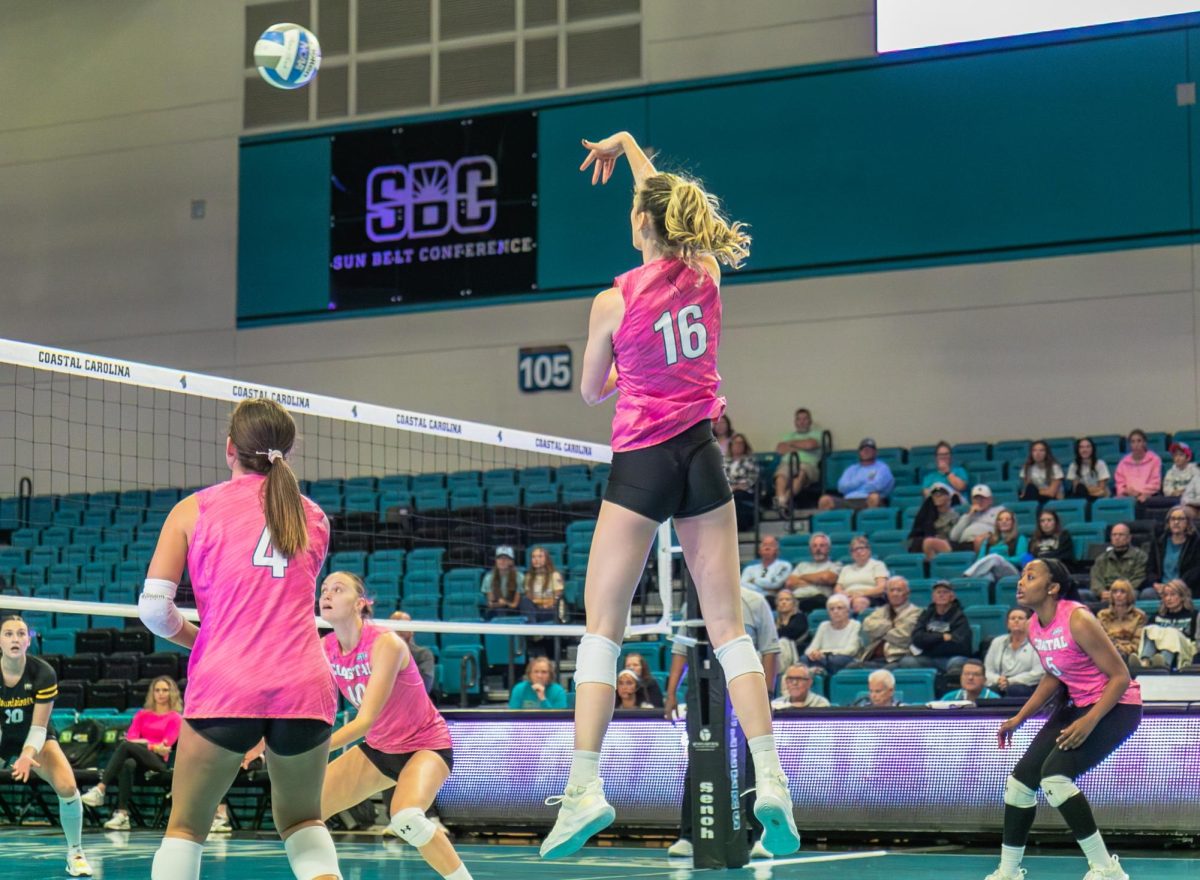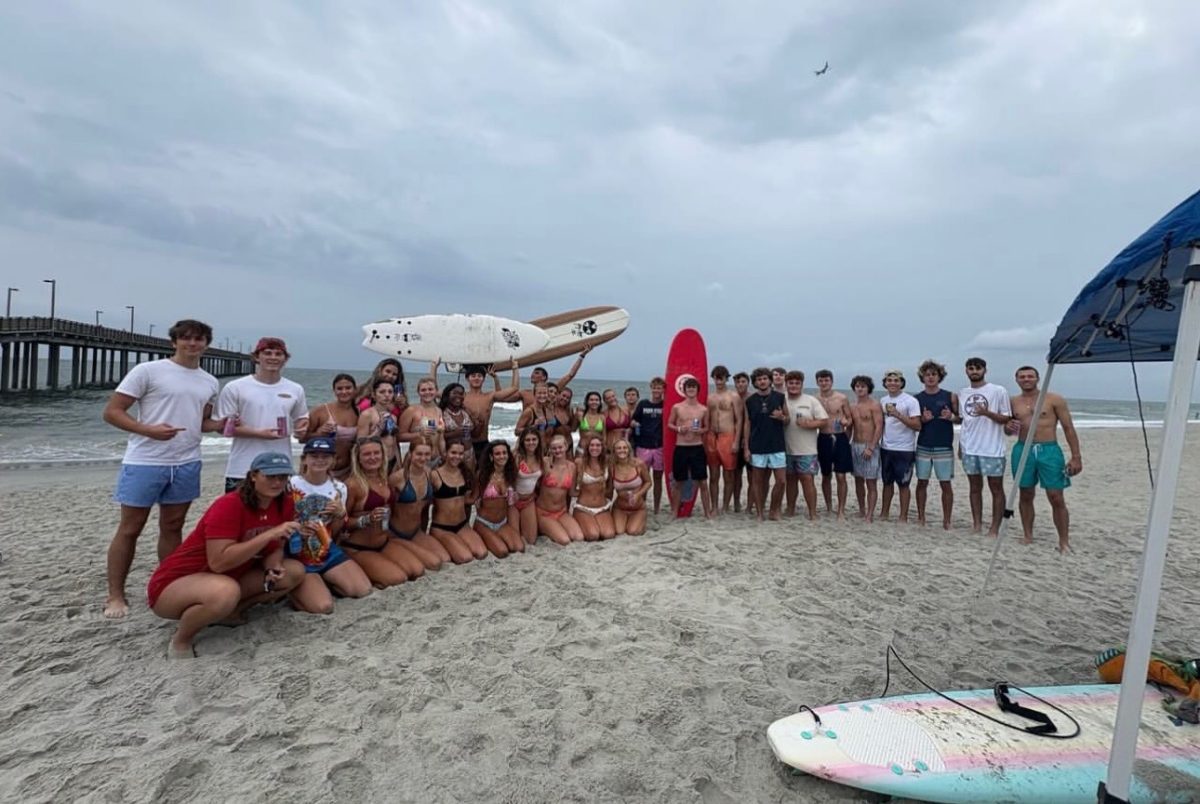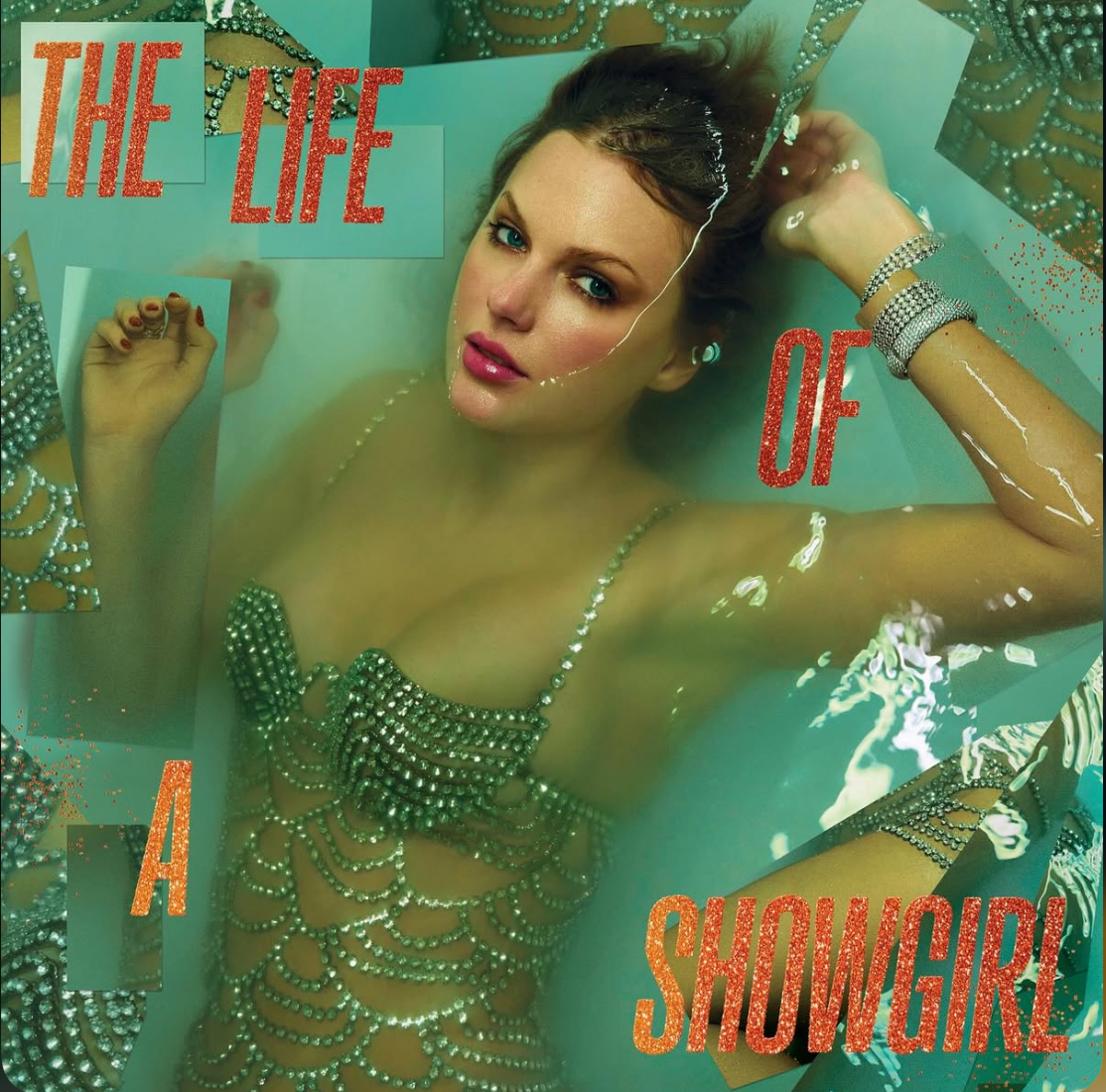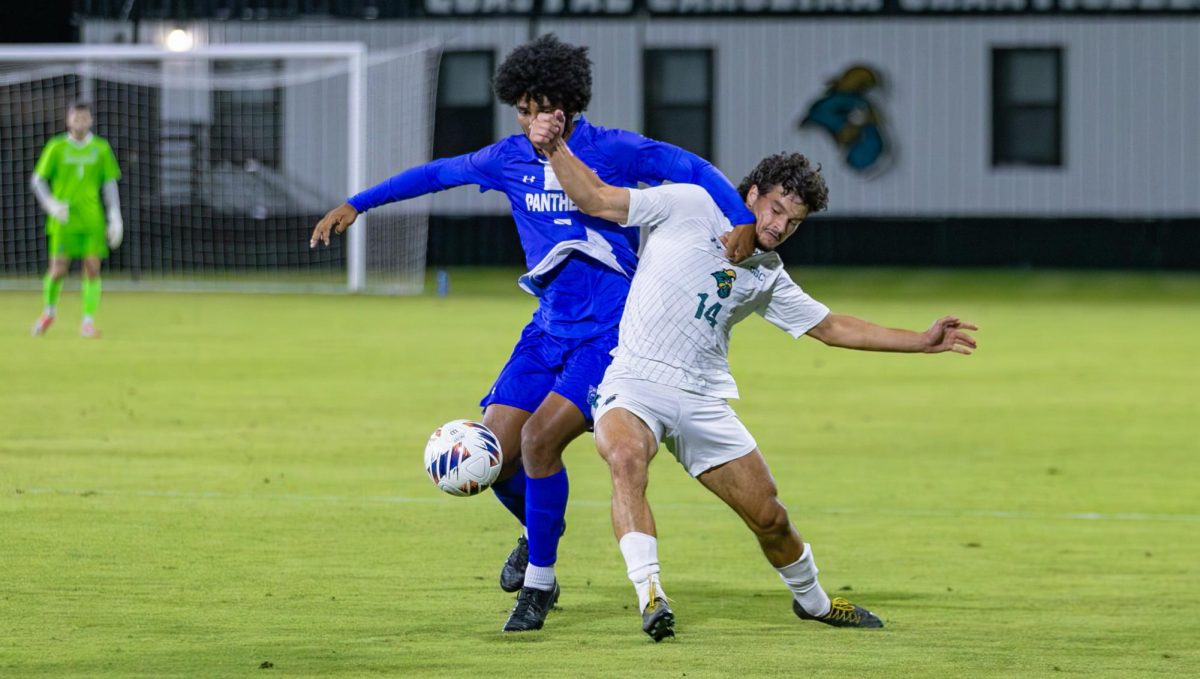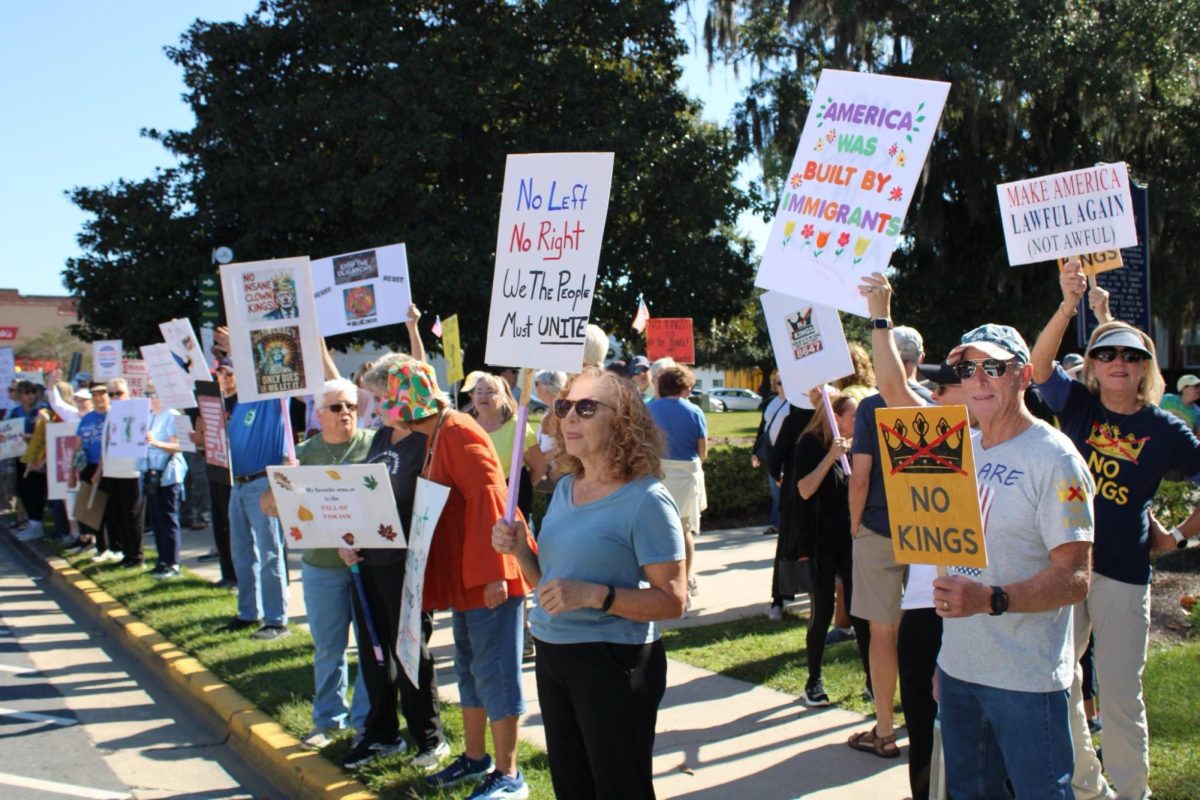The Gullah Geechee people are indigenous people with their own language, food and culture, concentrated in coastal areas spanning across South and North Carolina, Georgia and Florida.
This unique culture exists because enslaved people brought over from Africa were taken from different cultures with different languages. They could not verbally communicate with each other, but instead shared experiences through art. They formed their own language; a combination of Africanisms in various African languages and English.
Assistant Professor Ashlyn Pope, who teaches visual arts at Coastal Carolina University, is Gullah herself. However, she felt removed from her culture growing up.
To reconnect with her heritage, she joined the Charles Joyner Institute for Gullah and African Diaspora Studies as the co-associate director.
“We love embracing people. We like uniqueness, because we’re unique people,” Pope said.
Pope believes CCU in particular has the privilege and unique opportunity to study the Gullah Geechee culture because of its location in the Gullah corridor.
“The point of the Joyner is to connect community and institution,” Pope said. “Because community shouldn’t be separated from University when it is just community within community.”
Downtown Conway celebrated Gullah Geechee Community Day on Feb. 24. The Joyner Institute is just one of the organizing partners who helped make it happen, along with Conway Downtown Alive and the Horry County Museum.
Starting at 10 a.m., anyone could learn more and celebrate Conway’s Gullah roots.
Gullah Dollmaking and Jewelry Making Workshop, The Gullah Geechee Black Seminole Song Tradition and Braids N Locs were just three of the numerous, free events to the community.
Gullah Geechee Community Day was celebrated throughout Conway in the Horry County Museum, Conway Library, First United Methodist Church and the Bryan House. Coastal Carolina provided a shuttle for the event, and implemented trolley stops at the various locations.
Another location was at the corner of Laurel Street and Second Avenue, where vendors set up with homemade food, hand-weaved baskets and tie-dyed clothing.
Raven Gadsden, a Ph.D candidate and educator, presented at the fourth annual International Gullah Geechee and African Diaspora (IGGAD) Conference, hosted by The Joyner Institute.
The IGGAD Conference created a space for community, connection and learning through shared experiences. The theme of the conference, “Speaking With an Unbroken Tongue: Exploring and Celebrating the Language and Culture of Gullah Geechee People and the African Diaspora,” unraveled with various speaker research presentations about the Gullah community.
“There are a lot of people who, like me, are writing, using the Gullah language and culture in their creative work, in their poems,” Gadsden said.
The conference sought to bring awareness to a highly understudied and undervalued group of people, where academics, historians, students and members of the Gullah community came together to celebrate each other.
Author, singer, performer and cultural interpreter Ron Daise was a presenter at IGGAD, where he informed the audience of steps for self-publishing. A performer at heart, Daise spontaneously broke into song during his presentation, encouraging audience members to join him by providing lyrics on the screen.
He emotionally moved the audience, connecting participants through the power of song. “Deres a connection deep down een my spirit, wit Africa. Wes Africa,” Daise sang.
Daise uses art to communicate and interpret how his Gullah Geechee culture is lived. He believes humans must listen to each other in order to connect. Through his art, he hopes people converse with others to share experiences and find commonalities.
As a cultural interpreter, singing is his preferred method of sharing the Gullah culture.
“I like that. It’s like being a vessel,” Daise said, “and allowing God or the spirit to flow through me and flow out to others in whatever ways they are intended or needed.”
Pope is an artist herself as well, and she believes non-verbal communication, can transcend any language barrier. She said music, dance and visual arts are staples of the Gullah community.
“It’s like, all of these things coming together because they found commonality through the movement of body,” Pope said.
“So, you’re finding commonality between music, right? We all listen to something that invokes feelings and emotion, and it helps us connect to another person, nonverbally as well.”
Senior English major Phoebee Adams attended Daise’s presentation. Raised in the low country of Ridgeland, South Carolina, Adams has always felt connected to her Gullah roots.
Adams has been a fan of Daise since she was young and watched his children’s show, “Gullah Gullah Island,” and his presentation of their shared culture and artistic journey moved her.
“I was able to read stories and understand that this wasn’t a broken language, this was a culture of its own,” Adams said.
EDITOR’S NOTE: We at The Chanticleer believe it is important to celebrate Black History Month. As the student voice of Coastal Carolina University, a predominately white institution, we must use our platform to amplify Black voices, stories and experiences. In our third and final news issue of The Chanticleer, Culture Desk Editor Madisyn Padgett highlights the Gullah Geechee community and their roots within Conway, South Carolina, seen above. On page 2, read The Chanticleer’s observations on the Black students who made up most of the designated free speech area against the “Get Out the Vote” rally Feb. 10. Managing Editor Bryanna Warner features the 157-year-old church that brings Black community members together each Sunday in Conway on page 10. Jacob’s Playlist features Michael Jackson on page 11, and reporter Imane Aboulqassim shares her take on Under Armour’s newest clothing line on page 12. To end Black History Month, this issue’s Chant Tea asks students if they’ve seen “Bob Marley: One Love” in theaters on page 13. Although Black History Month gets to celebrate an extra day this leap year, we hope our readers will continue to celebrate Black history throughout the year.
